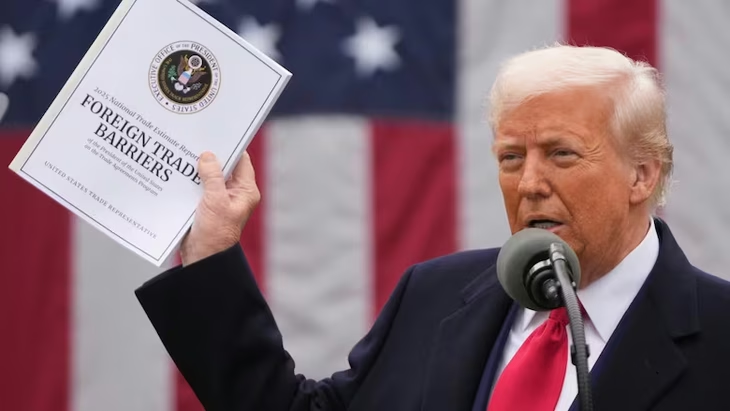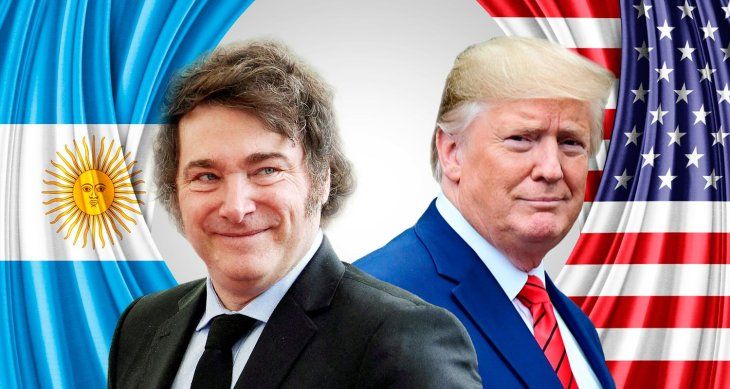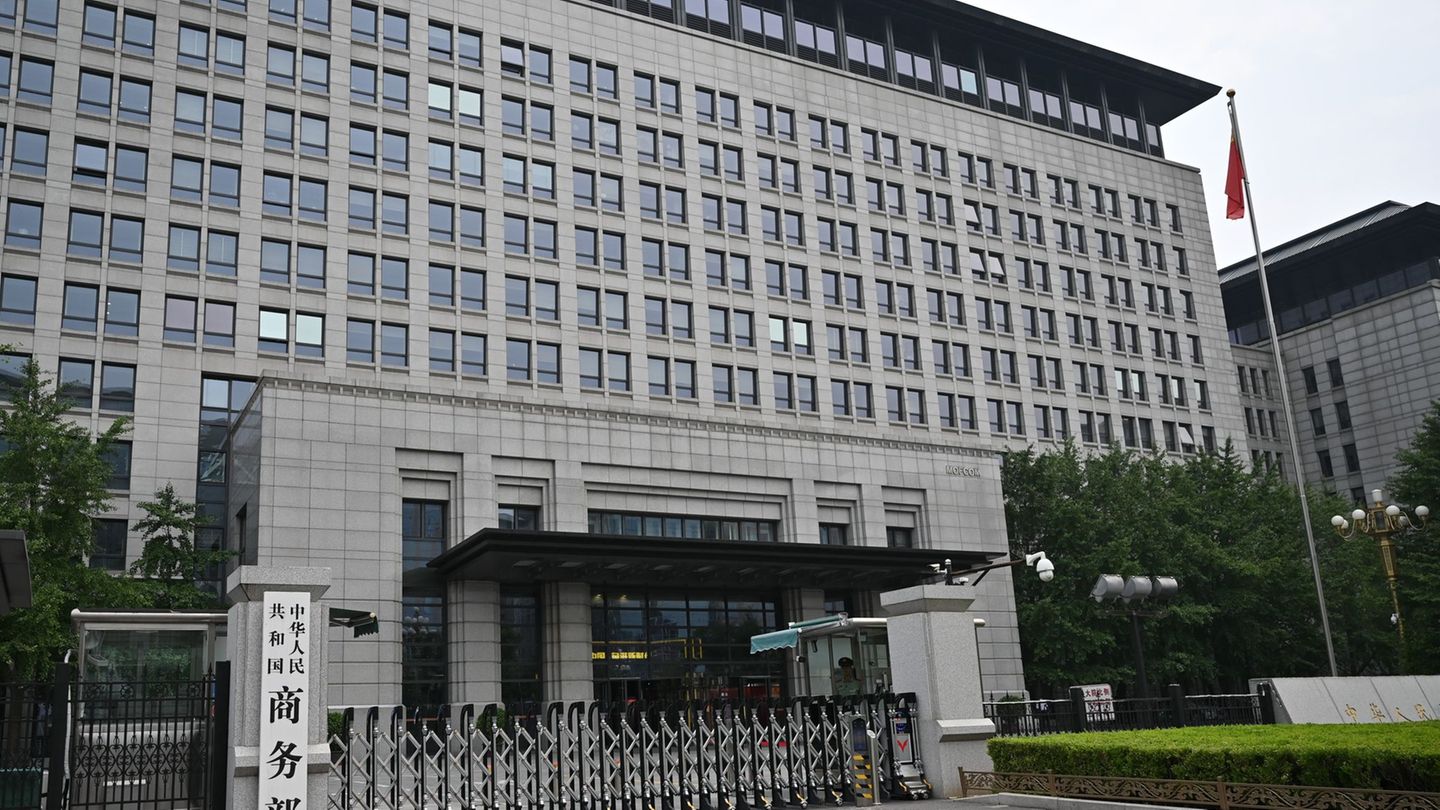The prestigious American media The Wall Street Journal (WSJ) He published an article on Sunday in which he compared the presidents of Argentina, Javier Mileiand from the United States, Donald Trump. In the article, it analyzes the similarities between the two leaders but highlights a substantial difference in the commercial issue, since the US leader resembles “The politicians of the Peronist movement” in economic matters, the rivals of the Argentine head of state.
The article, entitled “The Argentine Milei, a magician superstar, opposes Trump in terms of commerce”, Signed by journalists Ryan Dubé and Silvina Frydlewsky, highlights that since he assumed the presidency in 2023, Milei has been promoting a series of reforms aimed at opening the Argentine market to the world, in order to completely liberalize the local economy.
Wall Street Journal Milei.jpg
The note published today The Wall Street Journal about Milei.
Donald Trump, with protectionist trade ideas closer to Peronism than Javier Milei’s liberalism
Among those reforms, WSJ highlighted The decline in inflation and structural reform of one of the most “closed” economiesas well as the idea of advancing in the elimination of tariffs, taxes and import restrictions. This, according to the analysis of the article published today, resulted in a significant increase in foreign products in the local market, from German beer to Chinese tractors.
Despite the similarities, the WSJ pointed out that there is a point where Milei and Trump maintain an abysmal difference: trade. In that counterpoint it is where the authors stop to analyze the contrast between both figures.
Trump tariff barriers.avif

Trump shook the world with his tariffs.
“In terms of commerce, Trump and Milei are worldwide worlds. While Trump imposes tariffs on allies and enemies equally, Milei moves in the opposite direction to undo a protectionist economy and cause a boom of imports.”says the article.
Among other things, the article also indicates that Milei’s reform also eliminated taxes on foreign currency and suppressed requirements for the certification of imported electronic products, decisions that decisions are looking for not only to reduce costs, but also to encourage local innovation through competition with international products.
According to WSJ data, total imports in Argentina increased 40% in February, also reflecting an increase in the arrival of products from China, the United States, Europe and Brazil.
There the medium makes a strong comparison, in which he places Trump as a leader with economic ideas closer to the ideological spectrum of Peronism.
“In terms of trade, Argentines say Trump reminds Milei’s nemesis more: the leftist politicians of the Peronist movement who have long preferred commercial barriers”Underline the note.
What does The Wall Street Journal say about Donald Trump’s tariffs and its effects on the Argentine economy
However, the article warns that, for many economists, “Trump’s protectionist movements threaten the recovery that Milei has designed by increasing the risk of a global economic recession. “
On that path, he quotes Dante Sica, former Minister of Production during the government of Mauricio Macri, who warned of international turbulence: “It is as if he were landing a plane on a sunny day and suddenly he met a storm. Landing will be harder”, Said the former official.
Milei and Trump 03.jpg

Trump and Milei, with similarities in the ideological but differences in an aspect of the economy.
The Wall Street Journal analyzed Javier Milei’s economic plan
Apart from the differences in foreign trade issues, the note highlights that “In other areas, Milei has emulated Trump. He has become friends with Elon Musk, has said that he would get Argentina out of the World Health Organization, has made a spoiled incursion into meme coins and has restricted medical treatment for transgender children. ”
Milei’s reforms have also begun to show fruits in terms of inflation, which was reduced to 56%, a significant decrease since the dramatic 200% when he assumed power. Likewise, the WSJ article indicates that these transformations have reduced foreign products, positively affecting the cost of local living.
In the article, he also mentions the recent visit of the United States Treasury Secretary, Scott Besent, who praised Milei’s reforms, highlighting the international interest in the change of course in Argentine economic policy.
The Wall Street Journal concludes the note highlighting the optimistic gaze that the government has regarding the possibility of signing commercial agreements with the United States, something that Milei himself reflected in Besent’s recent visit. “We are ready”Said the Argentine president.
Source: Ambito




